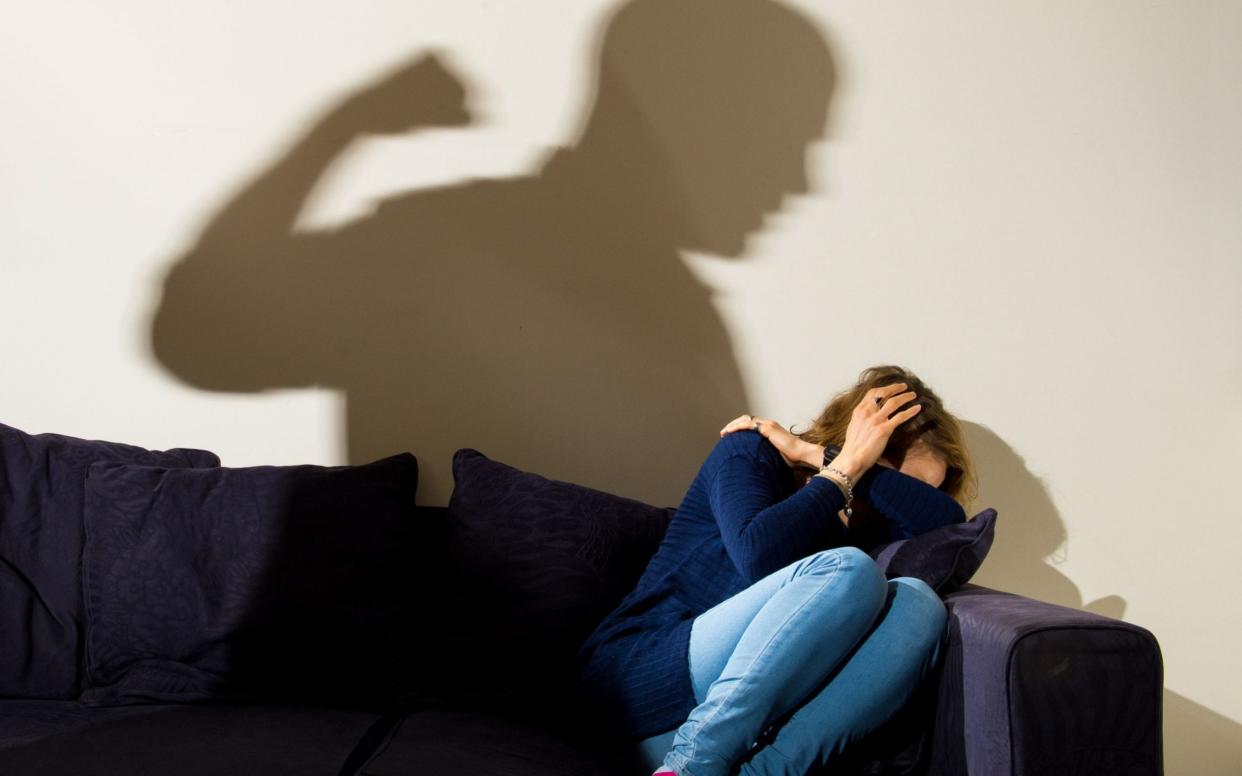Jail bosses of tech giants for duty of care breaches, says NSPCC chief

Bosses of tech giants should face jail sentences for failing to protect children from online harms, says the head of the National Society for the Prevention of Cruelty to Children (NSPCC), amid fears new duty of care laws could be watered down to only fines.
In an exclusive interview with The Telegraph, Peter Wanless said the charity will on Tuesday set the Government “six tests” to meet if it is to ensure the new laws are not a “paper tiger”, but fully hold tech bosses to account.
The charity is concerned ministers are preparing to shy away from tough sanctions holding individual bosses criminally liable for breaches of the duty of care and will instead only allow the regulator to issue civil fines.
“This is a fork in the road. The Government says it wants the UK to be the safest place online in the world for children. To achieve that, the duty of care needs to meet six tests on the powers of the regulator, the transparency of the companies, and advocacy,” said Mr Wanless.
“We think there should be criminal sanctions. If you look at the read across from financial services, you have got to make the consequences of breaching the duty of care proportionate to the scale of damage that can be done if you want to concentrate minds and change behaviour in major firms.
“Fines will not be sufficient. The larger the companies and the greater the resources and scale of obligations and opportunities to cause harm to children, then the greater the scale and severity of the powers available to punish poor behaviour should be.”
The NSPCC has proposed a new offence, modelled on corporate manslaughter, which would see social media firms prosecuted for a “gross” breach of their duty of care if they had not introduced adequate procedures to protect children from harms including child abuse, self-harm and bullying.
The firms would have to appoint named executives who would be personally liable for ensuring their duty of care was upheld.
The NSPCC is also concerned that ministers are preparing to scale back action against “legal but harmful” behaviours such as cyber-bullying, self-harm and sexting.
However, Mr Wanless said the Government needed to take a tough line to prevent a repeat of tragedies like the death of Molly Russell, the teenager who took her life after viewing self-harm content on Instagram.
He said the tech giants offered “heartfelt responses” to such individual tragedies, but then got “distracted” and “moved on” when what was needed as a law that would “concentrate their minds” force them to design duty of care into their platforms.
He said the firms lacked a “deep enough knowledge” of the predatory and abusive behaviour of online paedophiles and were not prioritising it enough.
“I don’t think people are wilfully encouraging this stuff to happen but they are allowing it to happen,” said Mr Wanless. “Sitting where I am, it’s a misplaced sense of priorities.”
He highlighted figures which showed there was a 60 per cent rise in calls to the NSPCC helpline about online sexual abuse during lockdown, from 117 a month to 187, and an 11 per cent rise in Childline counselling sessions about online sexual abuse from 207 to 230 a month.
The NSPCC also want an independent regulator with powers to force firms to hand over any data it needed for investigations, publish annual “transparency” reports that gave a full list of incidents putting children’s safety at risk and to require improvements such as tougher age checks.
Mr Wanless said: “The Covid pandemic has illustrated the devastating consequences for children of not having a duty of care online. The pandemic is the new context but it is not the underlying reason.
“The underlying reason is the failure of these companies to face up to their duty of care obligations for far too long. Now is the moment.”


